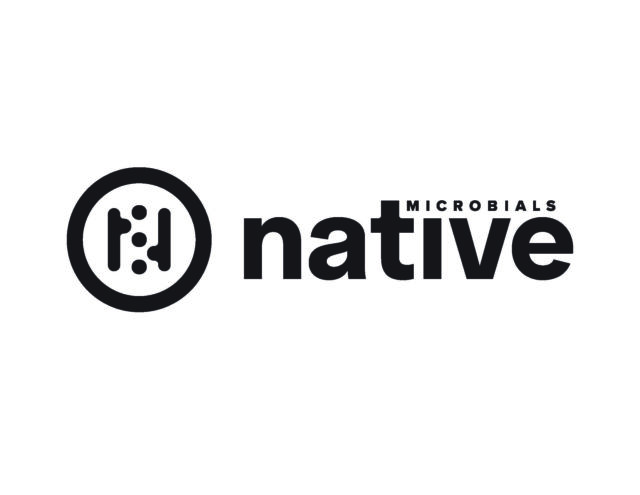Last September, the management board for Dairy Management, Inc. voted in the majority to endorse the spending of check-off dollars by the National Dairy Board to cover the cost of third-party verification for the National Dairy FARM Program. The FARM program is a nationwide voluntary program, administered by the National Milk Producers Federation (NMPF) that addresses dairy animal well-being. It requires dairy farms to follow animal care guidelines and undergo an on-farm evaluation conducted by a trained professional.
To protect the integrity and credibility of the program, the FARM program utilizes an independent third-party process to ensure that its practices are being appropriately adopted and the educational materials and methodologies used in training both farm operators and evaluators is sound and effective.
Each year, a nationwide sample of dairy farms in the program is randomly selected for visits from third-party “verifiers” to assure (to a 95 percent confidence interval) that the observations recorded during the second-party evaluations are valid.
In the first two years of the program, participants of the program – companies, cooperatives or individual farms – covered the cost of third-party evaluations.
According to Paul Rovey, DMI chairman and Arizona dairyman, DMI was approached by NMPF and cooperatives across the country to fund that portion of the program. Before agreeing to this three-year commitment for funding, DMI received approval from the USDA that it was within guidelines for the use of check-off dollars.
“This is an image issue,” Rovey says. “We need to be able to document and support the image of dairy producers who are doing the right thing.”
DMI has been assisting with the launch and reach of the FARM program since its very beginning five years ago as the National Dairy Animal Well-Being Initiative. It has helped to get information about the program to dairy farmers, handlers and consumers.
“Handlers are increasingly asking about what kind of program it is and if it is verified by a third party,” Rovey says. “We need to document to any form of questioning the job that dairy farmers do in terms of animal well-being. We need a credible program to tell the press and customer.”
Rovey admits the roughly $190,000 to be spent on third-party verification is a significant amount of money, but small in comparison to what it means to the dairy industry and its marketplace to have a verifiable program.
“Prior to this funding, participation in the FARM program was at 40 percent. Their goal is to reach 70 percent this year, and I’m more than confident they will reach that,” Rovey says. “There is no barrier now to participation.”
Personally, Rovey is pleased with this decision. “I’m really proud of the FARM program,” he says. “We as dairy producers excel at producing safe and quality food and doing it the right way. Now we have the verification and documentation to tell that story. " PD








